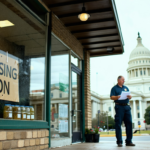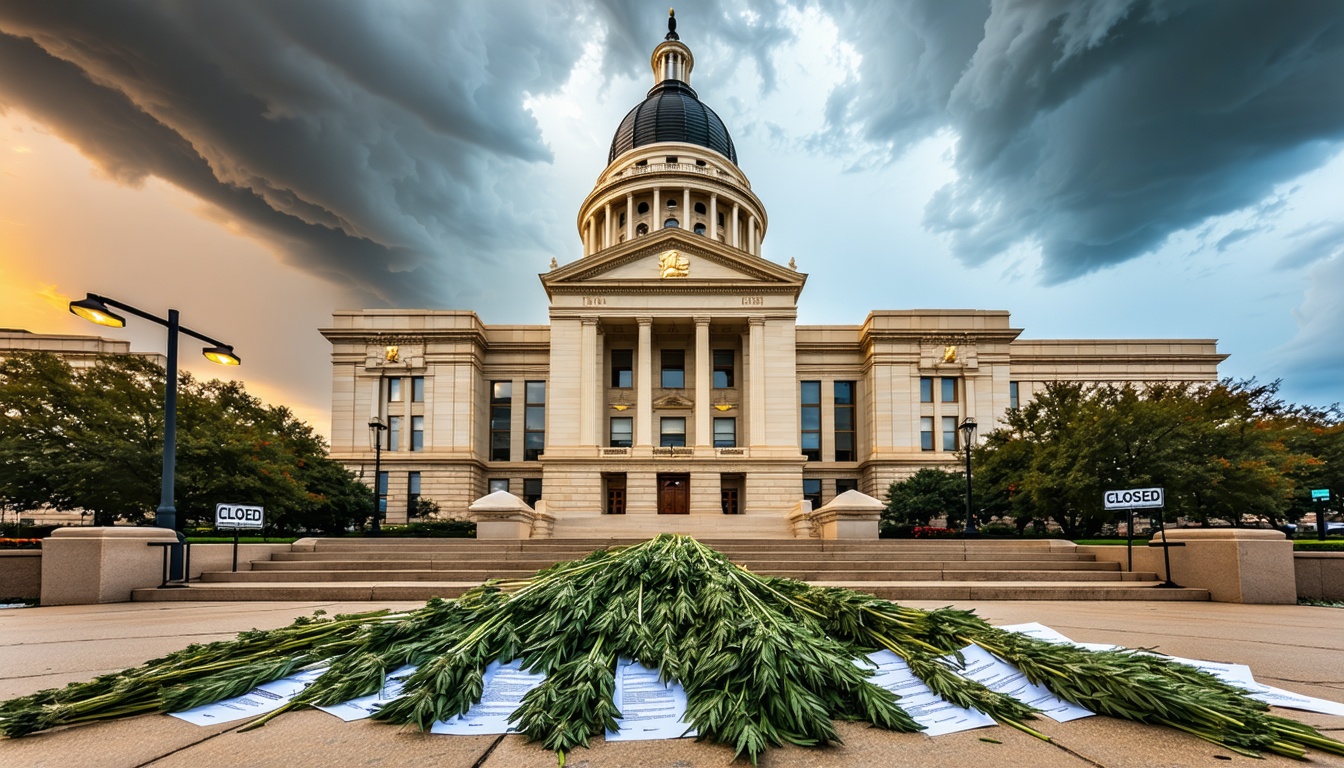Recreational Marijuana Efforts Hit a Snag: Proponents Shift Focus to State Legislatures and Federal Government
The push to legalize recreational marijuana has hit a roadblock, with ballot initiatives failing in Florida, North Dakota, and South Dakota. Despite widespread support across the country, the movement is facing a tougher climb ahead, as many states don’t allow citizen ballot initiatives, requiring legalization efforts to go through state legislatures that have been resistant.
The recent defeats come as the federal government is considering a potential softening of marijuana policies. The U.S. Justice Department has proposed reclassifying marijuana from a Schedule I drug to a less dangerous Schedule III drug, and President-elect Donald Trump has signaled support for the change.
Florida’s proposed legalization of recreational marijuana received a majority of votes, but fell short of the 60% supermajority required for constitutional amendments. The campaign was heavily financed by Florida’s largest medical marijuana operator, Trulieve, raising concerns about the influence of big business on the legalization movement.
In North Dakota and South Dakota, the campaigns were much lighter on funding, highlighting a trend where marijuana legalization efforts are increasingly financed by existing medical marijuana providers who stand to benefit from expansion.
Proponents of legalization are now considering a tactical shift, focusing more on state legislatures and the federal government. Paul Armentano, deputy director of the marijuana advocacy organization NORML, noted that many of the remaining states don’t allow citizen ballot initiatives, making it more challenging to pass legalization measures.
Voters did approve a medical marijuana measure in Nebraska, which would become the 39th state to allow it. However, the measure still faces a legal challenge.
As the movement adapts to the new landscape, advocates are looking to New Hampshire, where the Republican-led House and Senate passed bills this year that would have legalized recreational marijuana. In Democratic-led states, proponents are emphasizing social justice and equity arguments, while in Republican-led states, they may need to focus on the potential cost savings and law enforcement benefits of legalization.
The failure of recreational marijuana initiatives has led to a reevaluation of the movement’s strategy, with some advocates calling for a shift in tactics to focus on state legislatures and the federal government. As the debate continues, it remains to be seen whether the push for legalization will gain momentum or stall.












